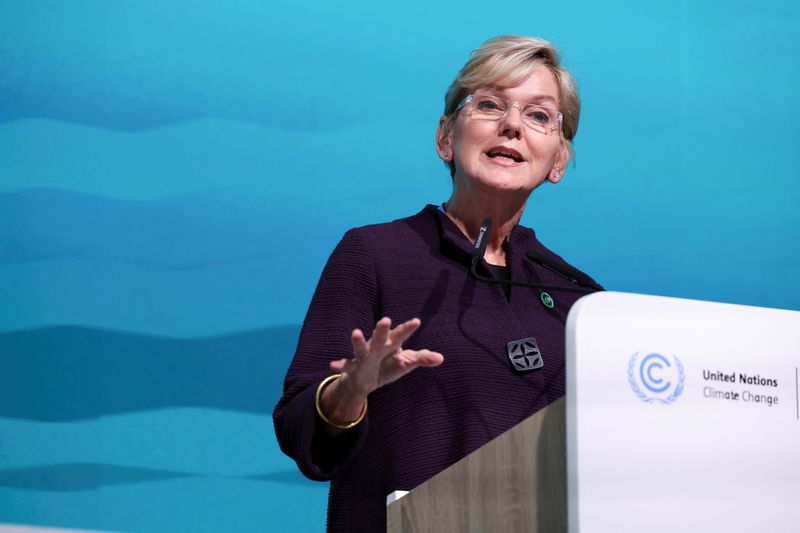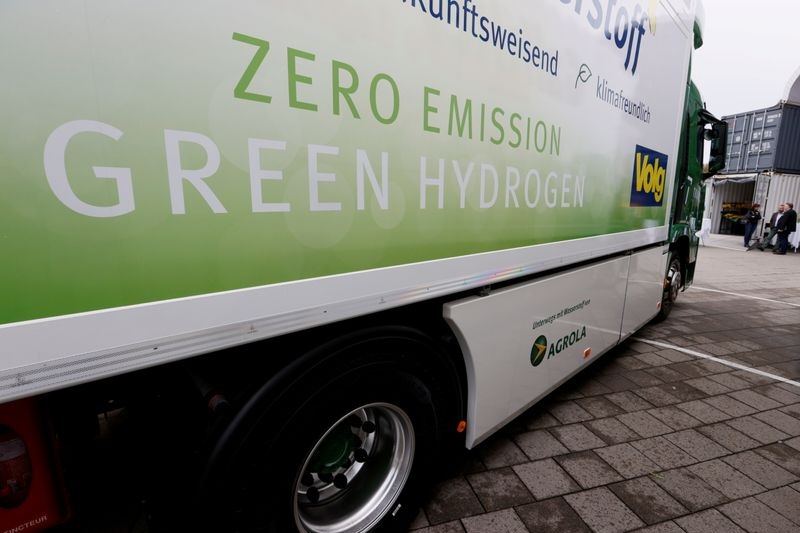By Timothy Gardner
WASHINGTON (Reuters) – The U.S. Department of Energy said on Wednesday it has awarded up to $2.2 billion to centers on the Gulf Coast and in the Midwest to develop hydrogen, an emerging energy source that is expensive to produce using renewable energy .
WHY IT’S IMPORTANT
Hydrogen backers, including President Joe Biden’s administration, believe low-carbon hydrogen can fight climate change by fueling heavy industry such as aluminum, cement, steel and long-distance transportation. The vast majority of hydrogen is now produced using fossil fuels with unabated emissions, at a fraction of the cost of clean hydrogen.
Proponents hope that clean hydrogen will be produced commercially in the coming years using renewable energy, combined with carbon capture and nuclear power.
It’s uncertain how hydrogen will fare under President-elect Donald Trump, but the awards came from the bipartisan infrastructure bill of 2021.
IMPORTANT QUOTE
The move signals “our deep commitment to strengthening America’s energy security and boosting our economic and global competitiveness, while also addressing the climate crisis,” said U.S. Secretary of Energy Jennifer Granholm.
BY THE NUMBERS
The government awards up to $7 billion in federal grants. Last year, two hub projects, partly located in Pennsylvania, were awarded.
Texas’ Gulf Coast hydrogen hub was valued at $1.2 billion on Wednesday, while the Midwest hub, with locations across the industrial corridor of Illinois, Indiana, Iowa and Michigan, could rise to $1 billion.
The Golf Hub proposes to produce clean hydrogen from water through electrolysis and from natural gas, with the emissions captured and stored underground.

The Midwest hub aims to produce hydrogen with wind power, natural gas with carbon capture and nuclear power.
The plan will put the U.S. on track to produce 50 million tons of clean hydrogen fuel by 2050, the Biden administration says.


